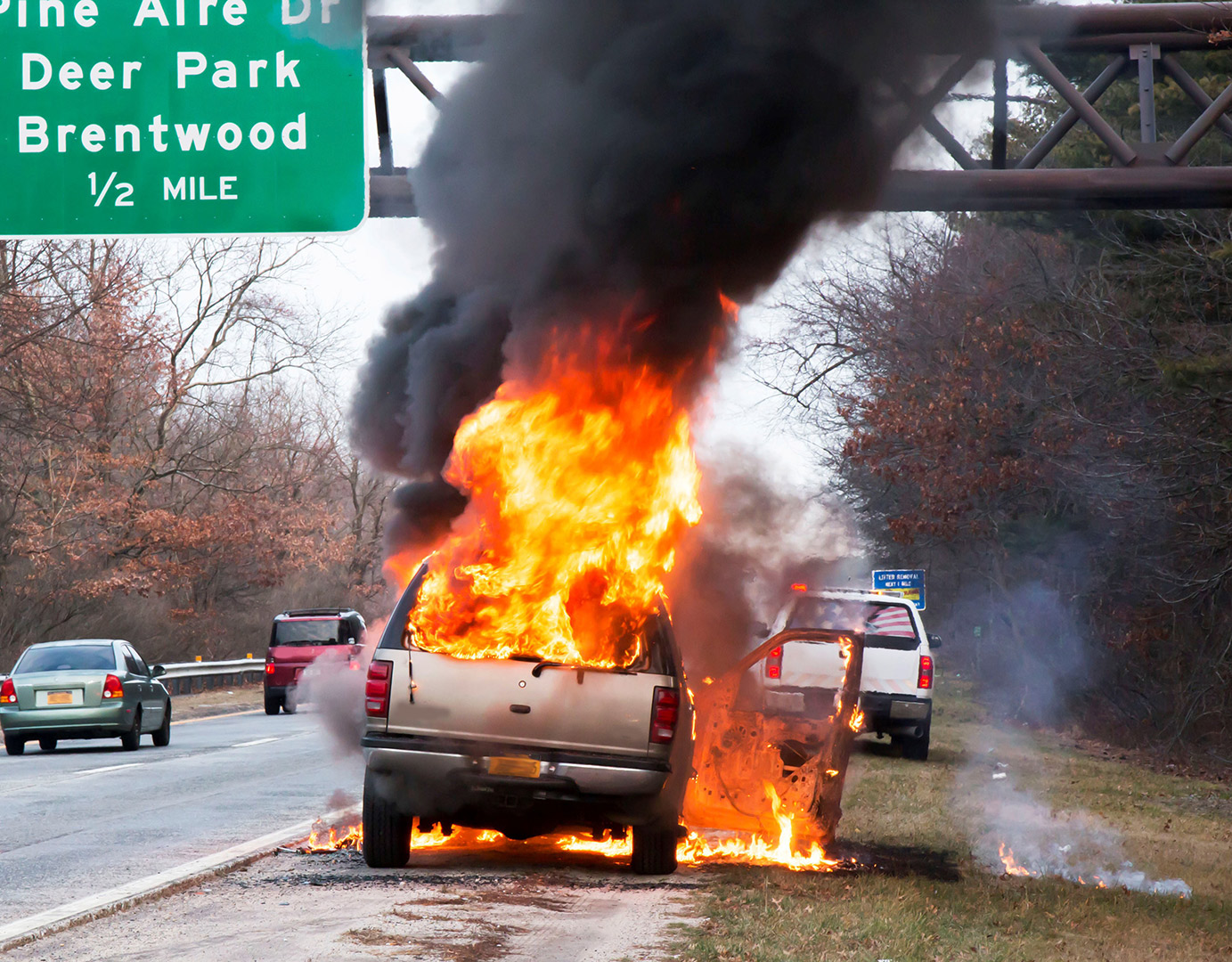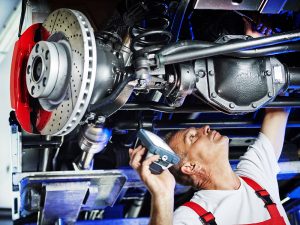
Every day, we get in our cars with our families, and we trust that the vehicle is safe to drive. We hope it will not cause an accident, and that in the event of an accident it will keep us reasonably safe. Unfortunately, car manufacturers have a long history of incorporating known defects in their automobiles, defects they work hard to conceal. Other vehicle manufacturers have learned much from the skill of car manufacturers in this area, and many vehicles with known defects are marketed for use on the land, sea, and air.
If you suspect your accident or injury was caused by a defective vehicle, talking to an attorney can help you understand your legal rights and put you in touch with others affected by the same defect. Please contact AccidentAttorneys.org today to being pursuing a defective vehicle lawsuit.
Defects That Cause Accidents
A vehicle is supposed to give its driver or operator the power to avoid accidents. They should be stable, maneuverable, and with adequate braking to avoid obstacles. Many vehicles are not, however, and their design may lead to accidents. Examples defective motor vehicle lawsuits include:
-
SUVs that are more likely to be involved in rollover accidents
-
Jet skis whose speed and maneuverability pose risks
-
Spontaneous acceleration events in cars
-
Air bags that inflate unexpectedly, causing car accidents
-
Brakes that tend to fail or stick
These types of defects significantly increase your risk of injury or death in the vehicle.
Defects That Cause Injury
A vehicle is also supposed to protect its users in the event of a reasonably foreseeable accident. However, sometimes vehicles may actually increase your risk of injury in an accident. This type of vehicle defect includes:
-
Fuel tanks that tend to be punctured or catch fire in accidents
-
Cars with defective seatbelts that fail to protect in a car accident
-
Headrests in cars that can increase your risk of whiplash injury
-
ATVs that are designed with passenger areas inadequate to protect riders from rollovers
These types of defects can transform a minor accident into one where you suffer serious injury. It may even lead to the death of passengers or drivers in the vehicle.
Concealing Defects
Car manufacturers are experts at denying defects exist. They may have designed a car with the defect or learned from early testing or in-the-field crash reports that the defect exists, but they will often continue to deny the existence of the defect. They may make payments to victims on condition of silence, quietly recall cars for unrelated minor problems, or just feign ignorance.
Getting past the strategies car manufacturers use to conceal their defects takes a lot of work, a high level of expertise, and the participation of every accident victim. If you have been hurt by what you think might be a defective vehicle, talking to an attorney with experience handling defective vehicle lawsuits may help you and others who have been hurt to get the answers.
To find an experienced vehicle defect lawyer, please contact AccidentAttorneys.org today.
 Defective Vehicles Frequently Asked Questions
Defective Vehicles Frequently Asked Questions
What is Crashworthiness?
Crashworthiness is a vehicle’s ability to protect occupants in the event of a crash. Crashworthiness defects do not cause accidents, but they cause injuries to be worse. Sometimes it means the vehicle failed to provide adequate protection from injuries and some crashworthiness defects are the cause of very serious injuries. For instance, an airbag that fails to deploy fails to provide the protection that it should have, but fuel system defects leading to fires and explosions can cause fatal injuries in an otherwise minor crash.
Examples of crashworthiness defects include:
- Defective seat belts
- Faulty airbags
- Poor roof crush resistance
- Defective seat backs
- Faulty headrests
- Defective window glazing
- Fuels system defects leading to fuel-fed fires and explosions
Some defects can cause accidents while also being crashworthiness defects. For example, an airbag that causes an accident by deploying when it should not and then fails to provide protection in the crash.
Do I have a Claim if The Vehicle has not been Recalled?
Yes, you can still recover compensation for injuries caused by a defective vehicle, if there has not been a recall. There are many reasons why a defect may be present, and the defect may not affect all units. In many cases, recalls are not issued until many people have been injured or killed and brought attention to the defect by taking action.
Who Can be Held Liable for my Defective Vehicle Injuries?
When a defective vehicle was the cause of your accident or injuries, one or more of the following may be held liable:
- Auto manufacturer
- Parts manufacturer
- Parts seller
- New or used dealership
- Rental company
- Repair shop
- Car shipper, car hauler, or another party along the supply chain
How Long Do I Have to File a Defective Vehicle Lawsuit?
When you are injured in an accident involving a defective vehicle, the defective vehicle portion of your lawsuit falls under product liability. The statute of limitations, which is the time limit for filing a lawsuit, is different in every state and for different types of lawsuits. The amount of time you have to take action against the auto maker or other party liable for the injuries caused by defects may not be the same as the amount of time you have to take action against a negligent driver or government entity responsible for our accident.
For instance, if you were in an accident caused by a roadway defect, but your injuries were made worse by a defect such as faulty airbags, you will have a much shorter amount of time to get started on seeking compensation from the government agency responsible for the road, than the auto or part maker responsible for the defective airbags. An experienced defective vehicle attorney will be able to determine how much time you have to get started and protect the value of your claim.















